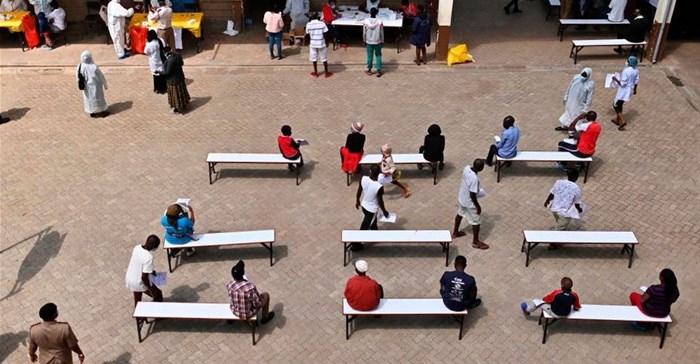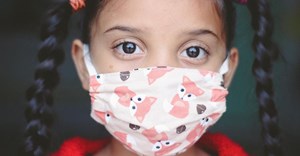What Kenya must look out for before easing Covid-19 restrictions

The implementation of public health measures included social distancing and hygiene practices. And a number of non-pharmaceutical interventions were implemented early on. These included the closure of educational institutions and restaurants, the restriction of transport movements, border controls, suspension of international flights, night curfews, intermittent lockdowns and use of face masks in public.
Combined these interventions had a substantial impact in limiting the community transmission of Covid-19. They reduced the potential of human to human transmission since the intensity of interaction reduced overall infections.
The overall impact of curbing the spread of infections has been the key goal. But there is still a need to include economic safety nets to cushion the poor and vulnerable populations while providing security.
And the country has to carefully consider its next steps. There are number of preconditions that need to be met before it should start easing the current restrictions.
Steps to be taken before lifting restrictions
Firstly, there is need for evidence that the virus is being suppressed. This will show that there’s been a plateauing of the epidemic curve. A two week steady decline in the number of newly detected cases would be indicative of limited community transmission.
This downward trajectory – or near zero incidence of documented Covid-19 cases – would need to be accompanied by a decrease in patient visiting hospitals with influenza like illnesses.
Secondly, the government must ensure that there’s robust public health capacity system in place. This would include the ability to detect, test, track, isolate and quarantine cases and quickly contain the epidemic. There are efforts to recruit 5000 additional health care workers to support in response to the epidemic. Personal Protective Equipment (PPEs) shortages for healthcare workers should be addressed.
The health system capacity should be able to contain the virus and treat all new cases with the human and technological capacity to mitigate increased transmission. There are notable efforts in investing in the state of the art diagnostic laboratories. These have high throughput potential for detection of high impact pathogens and can rapidly respond to public health emergencies of international concern.
Thirdly, to reopen or restart the economy is a long-term process. It needs to be done sequentially. A multisectoral and consultative forward-looking approach needs to be adopted. The main aim must be to protect citizens’ health, as well as mitigage the worst effects on the economy.
Fourthly, Kenya must remember that there isn’t a “one-size fits all” approach that countries can copy. The country should keenly watch and learn from countries that have started lifting social distancing restrictions. And be ready to reimpose restrictions if, as happened in South Korea and France, a second wave of cases were reported.
Fifthly, the government must consider the fact that people are becoming more anxious. This suggests that reopening should not be hurried and should not be done in a prescriptive way. Room must be left for flexibility.
Sixth, steps need to be taken so that workplaces can make the various readjustments to maintain high hygiene standards. And the use of facemasks and sanitisers should be sustained in some places that are high risk.
Lastly, a robust targeted testing regime that will employ a mobile app based surveillance for reliable contact tracing should be rolled out nationally.
School closures have been effective in enhancing community-level social distancing and reducing the peak incidence of infections. In turn this has lessened the pressure on health services. Going forward, a staggered reopening of educational institutions is highly recommended where the arrival and drop-off times or locations of pooled bus transport should be monitored to limit direct contact with parents and employees.
The role of science
There are a number of Covid-19 proposed studies that are awaiting ethical approval. In Kenya, the university of Nairobi aims to conduct clinical trials for possible COVID-19 therapies (remdesivir, hydroxychloroquine and lopinavir/ ritonavir) and vaccine candidates.
In the current situation, it would also be important to conduct short term assessments on both disease burden and economic effects that tell the magnitude of the pandemic with clear proposals on the safest and cost effective reopening strategy. Antibody testing should be conducted to determine the exposure (prevalence) and distribution of infections in the community. This will be vital in monitoring of the disease and future vaccine studies.
Ultimately, minimising non-essential travel, encouraging teleworking or virtual meetings and the use of face coverings in public may reduce infections. The installation of physical barriers like sneeze guards and partitions in workspaces or restaurants and economic safety nets for most vulnerable and poor populations is highly recommended.
This article is republished from The Conversation under a Creative Commons license. Read the original article.![]()
Source: The Conversation Africa

The Conversation Africa is an independent source of news and views from the academic and research community. Its aim is to promote better understanding of current affairs and complex issues, and allow for a better quality of public discourse and conversation.
Go to: https://theconversation.com/africa






















